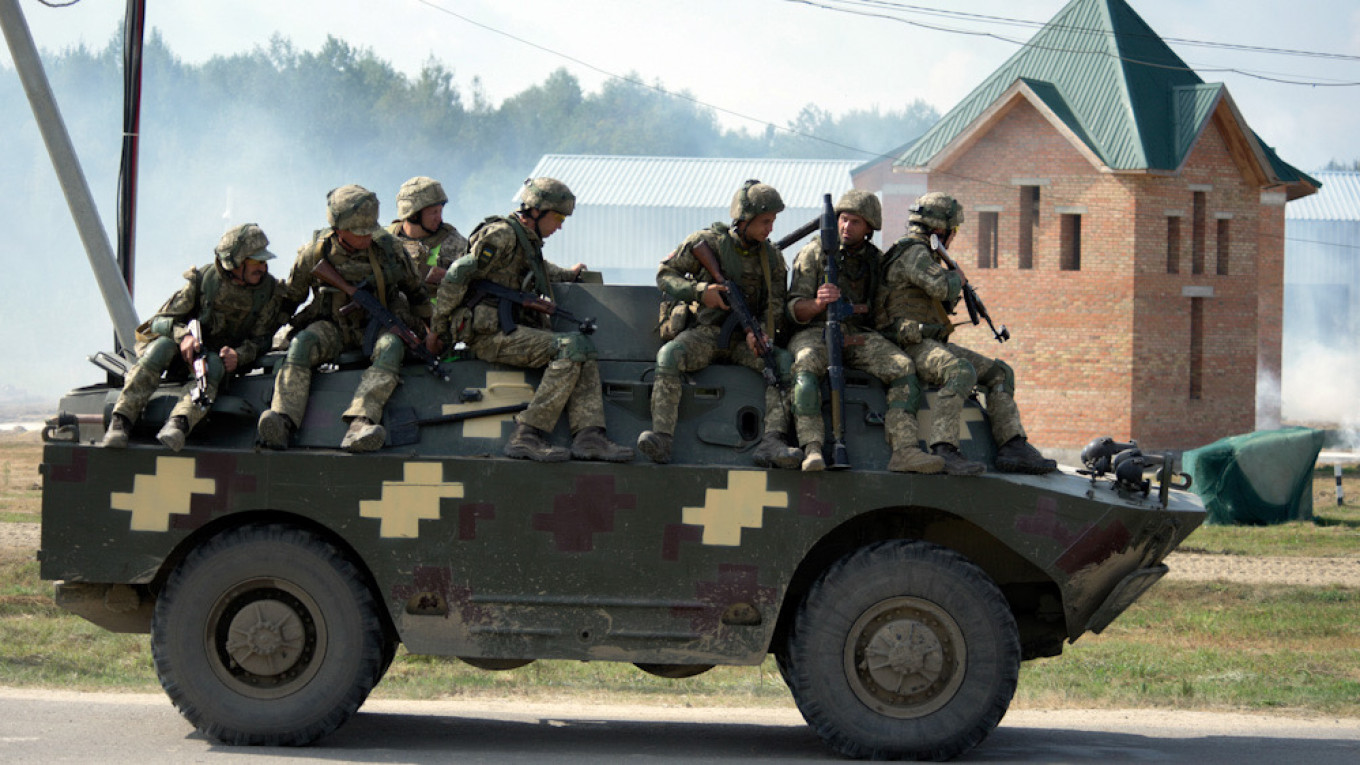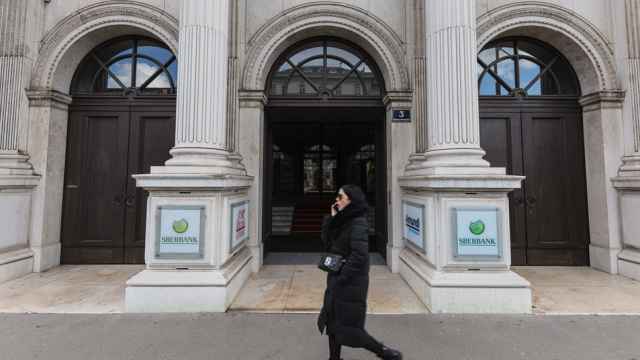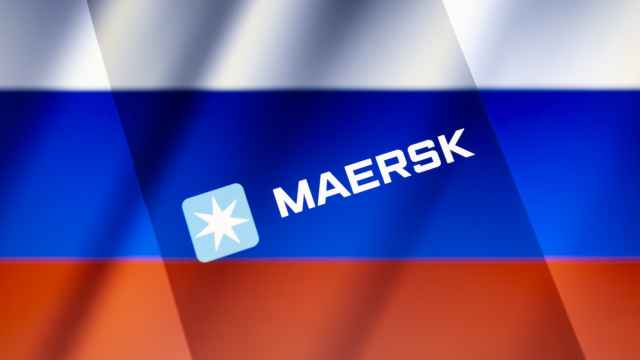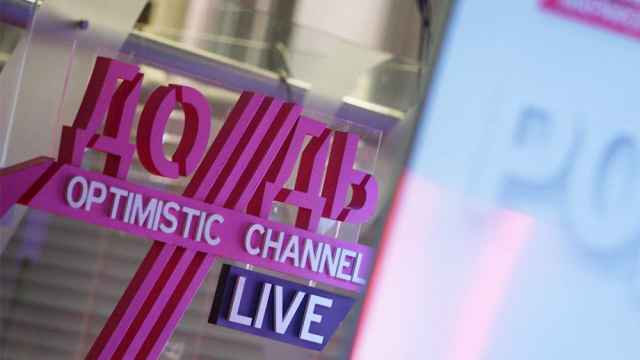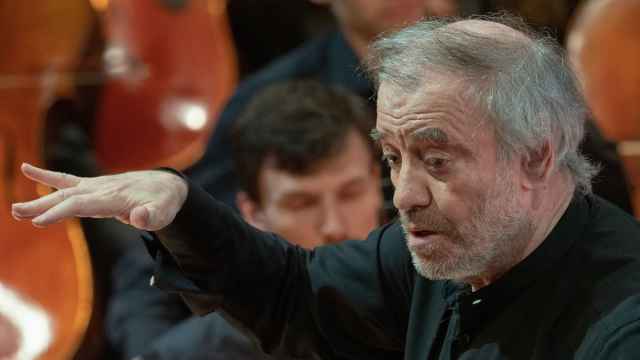Ukraine said Friday that renewed fighting with Russian-backed separatists was undermining a fragile ceasefire in the east of the country, and urged Western backers to intervene.
The halt to fighting agreed last July raised hopes for a resolution to the bitter trench war that was sparked in 2014 by the Kremlin's annexation of Crimea and has claimed more than 13,000 lives.
"We have seen an escalation in the conflict in recent weeks," the head of the Ukrainian president's office, Andriy Yermak said.
"This is a deliberate provocation against the Ukrainian Armed Forces to end the ceasefire regime," he added during a conference held by the Brussels-based European Policy Centre think tank.
Eight Ukrainian servicemen have been killed since mid-February. Kiev has blamed the clashes on Moscow and separatist leaders, and accused them of using banned military hardware.
Heavy weapons such as tanks and large-calibre mortars are banned under the so-called Minsk II agreement that was signed in February 2015 to settle the conflict.
Yermak urged Western brokers including France, Germany and the United States "to step up their efforts" to settle the conflict.
Kiev and its Western allies accuse Russia of sending troops and arms to support the separatists, claims Moscow denies.
The Kremlin earlier this week said it was "deeply concerned by growing tensions" on the frontline and said Ukrainian forces were responsible for escalating the conflict.
"We are recording more and more shelling from the Ukrainian side," Kremlin spokesman Dmitry Peskov said, calling on Kiev to adhere to agreements to end the war.
European Council chief Charles Michel said during a visit to Ukraine this week that the EU has no plans to lift economic sanctions against Russia for its role in the conflict.
He said that Russia has not reciprocated "Ukraine's positive steps" towards ending the war, and described Moscow as "a party to this conflict, and not a mediator."
A Message from The Moscow Times:
Dear readers,
We are facing unprecedented challenges. Russia's Prosecutor General's Office has designated The Moscow Times as an "undesirable" organization, criminalizing our work and putting our staff at risk of prosecution. This follows our earlier unjust labeling as a "foreign agent."
These actions are direct attempts to silence independent journalism in Russia. The authorities claim our work "discredits the decisions of the Russian leadership." We see things differently: we strive to provide accurate, unbiased reporting on Russia.
We, the journalists of The Moscow Times, refuse to be silenced. But to continue our work, we need your help.
Your support, no matter how small, makes a world of difference. If you can, please support us monthly starting from just $2. It's quick to set up, and every contribution makes a significant impact.
By supporting The Moscow Times, you're defending open, independent journalism in the face of repression. Thank you for standing with us.
Remind me later.


